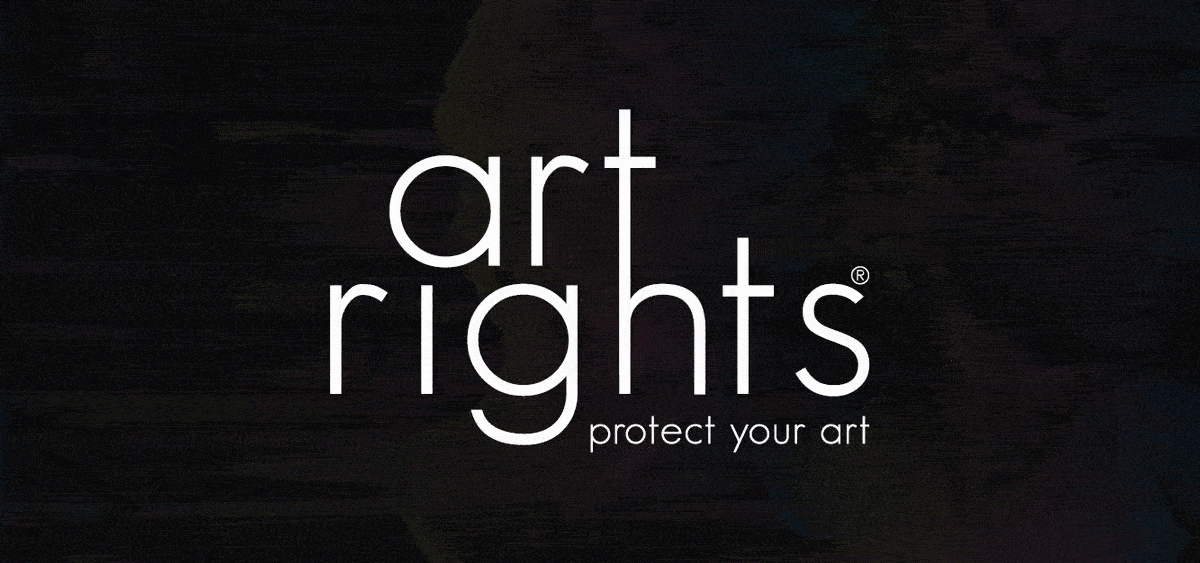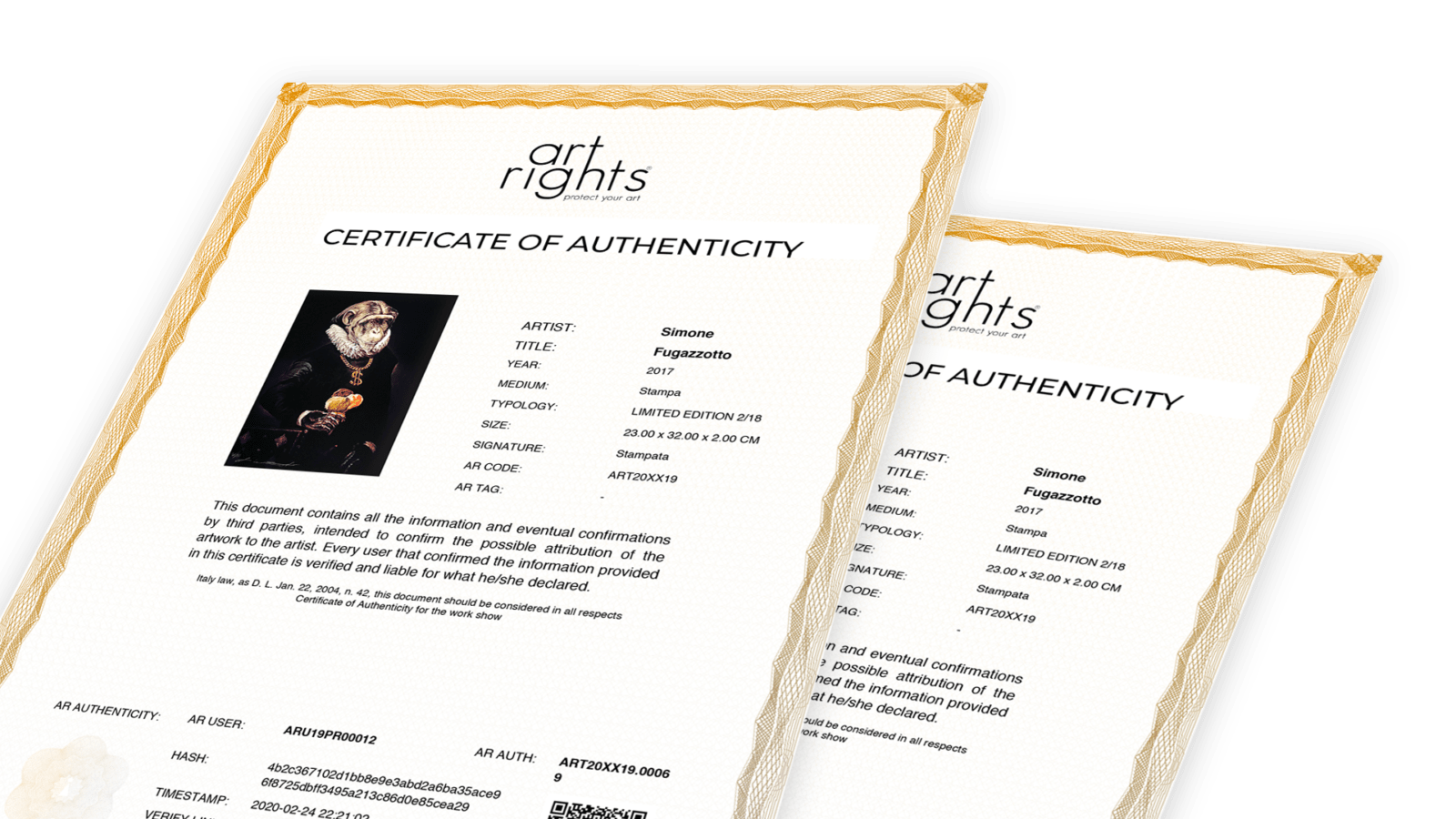The interviews of ProfessioneArte.it
She is Angela Saltarelli Art Lawyer of CHIOMENTI.
Five questions to get a preview of the great art professionals, the daily challenges to face, the choices that have determined their path in the system and in the art market, the changes under the banner of digital and the advice for those who want to undertake the same career in collaboration with ProfessioneARTE.it.
It is essential to have a sincere passion for art to become Art Lawyers.
Angela Saltarelli, lawyer that collaborates with Chiomenti Studio Legale and just elected Arbitrator of the prestigious International Court for Art she carries out the profession with great dedication and an absolutely global vision.
The World of Art makes more and more use of digital, it is impossible then for Angela not to address these aspects also from a legal point of view to support artists, collectors, institutions and operators in the sector to protect art through new technologies such as Blockchain and Intelligence Artificial.
In this interview, Angela Saltarelli tells us about her journey into art law that began under the California sun, which continues today in Italy but with an international vision.

Angela Saltarelli is a lawyer at CHIOMENTI law firm, specializing in art law.
Always passionate about art and creativity, she has acquired a decade of experience in judicial and extrajudicial matters, in the field of cultural heritage law and copyright.
Angela regularly assists national and international private (artists, collectors) and institutional (galleries, foundations, museums, companies) clients with regard to the protection, circulation, management, enhancement and protection of their artistic and cultural heritage.
Angela also has significant experience, including litigation, in the field of intellectual property, media, technology and entertainment. Graduated in Law cum laude at the University of Turin, she obtained an LLM in intellectual property law at WIPO, in addition to having attended a master’s degree in law and taxation of international art markets. Angela is a member of the Turin Bar Association, is a member of ALAI Italia (Association Littéraire et Artistique Internationale) as well as the Art Jus Committee of the Business Jus association, and a teacher at the Sole 24 Ore Business School.
In addition, she was elected Referee of the International Court for Art.
1. How has your path in the art world started?
The interest in art started from childhood, visiting with my family many places of art and museums both in Italy and abroad, and growing together with my sister who has always had a strong artistic sensitivity.
In 2003, I participated in a course in international art law at the University of California, which had the merit of being passionate about this subject by studying the most important jurisprudential cases, United States and international.
After that course I decided to specialize – although at that time Art Law was an almost unknown subject in Italy – precisely in this area that allows me, still today, to combine two personal passions: art and law.
After graduating from the University of Turin with a thesis on the international trade in works of art, I then started to collaborate with a law firm specializing in intellectual property and art law, representing and knowing important protagonists of a world of which I have been able to learn over time the rules and mechanisms that it is essential to know to be able to operate.
2. How would you describe your profession today?
I am fortunate to carry out a very exciting and quite varied profession where each case is never the same as the other and I often have to look for innovative solutions to better satisfy the customer.
Since 2018 I have been collaborating with the Chiomenti studio where I mainly deal with art and cultural heritage law, assisting private (artists and collectors) and institutional (such as galleries, foundations and museums) national and international clients for aspects related to protection, circulation , management, enhancement and protection of its artistic and cultural heritages.
In particular, I assist clients in all circulation and transfer operations of works of art and tied assets, in the management of private and corporate collections, as well as in the protection of copyright and realization of exhibitions.
3. How has your profession changed over time?
During the 2000s still few market operators (and even fewer individuals) felt the need to turn to a lawyer specialized in art law, professionalism at that time little known in Italy.
At the beginning of my professional career, therefore, I followed clients above all in a so-called “pathological” phase, assisting them in many important cases regarding: authenticity of works of art, art looting, appropriationism and protection of copyright of the artists.
In the last decade, however, I have noticed an increasing awareness of the art market towards the specialized legal services in this sector: more and more often I assist clients not only judicially, but also in the contractual field to protect their artistic projects, define the creation of exhibitions or installations, ensuring the correct circulation of works of art and collectibles.

4. What impact is digital having in your sector?
Legal services are witnessing a real digital revolution and technology is increasingly used in all aspects of my profession: in the procedural field, in the adoption of Artificial Intelligence systems for the examination of documentation, in the preparation of models contractual as well as in communication.
Likewise, the art world is increasingly making use of digital: think, for example, of the growing success of online auctions, the creation of digital works of art, the use of Blockchain and Artificial Intelligence.
It is clear, therefore, that digital and IT skills are increasingly strategic in order to carry out my profession at best.
5. What would you suggest to someone who wants to pursue your career?
To a young person who wants to pursue my profession I would recommend attending a specialization course after graduation to learn some fundamental legal, economic and artistic notions to develop a multidisciplinary approach.
In addition, it is important to start collaborating with a studio that also deals with these issues and to know at least the English language, since it is a globalized market where it is frequent to assist foreign or Italian customers operating abroad.
Finally, I believe it is essential to have a sincere passion for art that pushes you to frequent trade fairs, exhibitions and galleries to understand the market more deeply, a complex system governed by unwritten practices and rules that it is essential to know.




